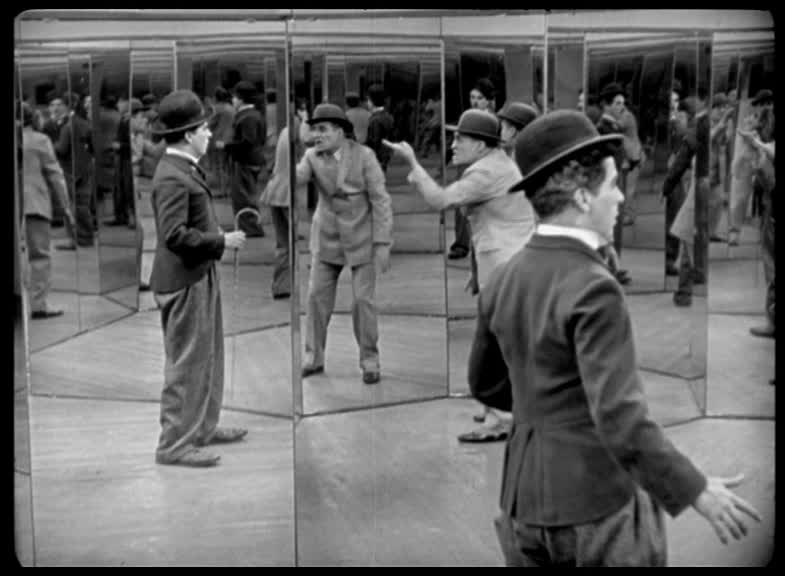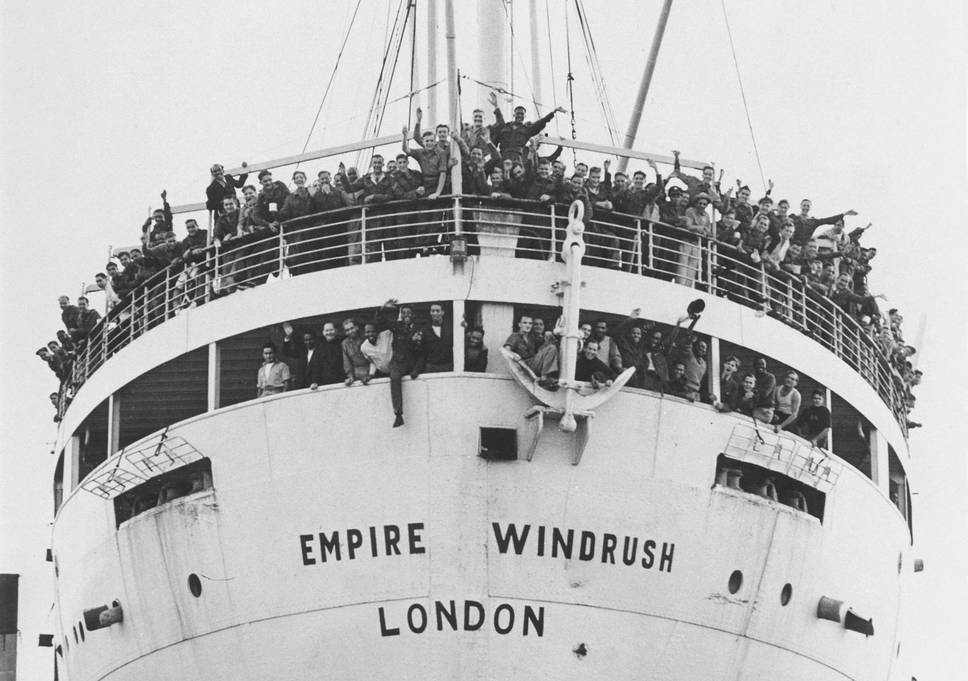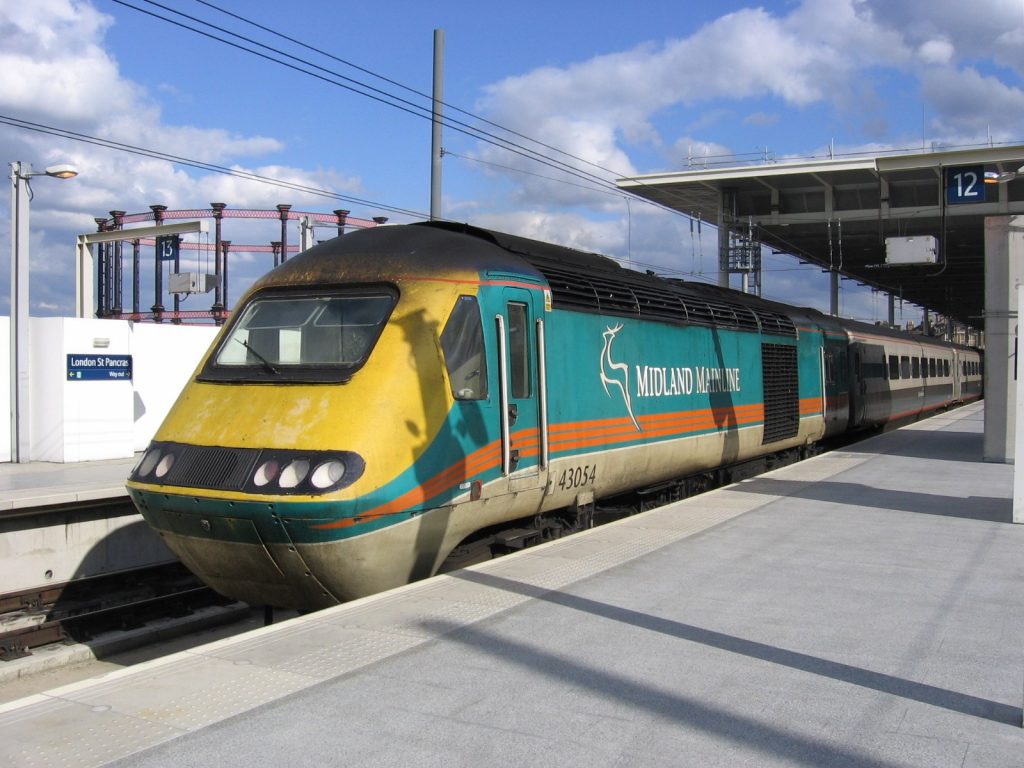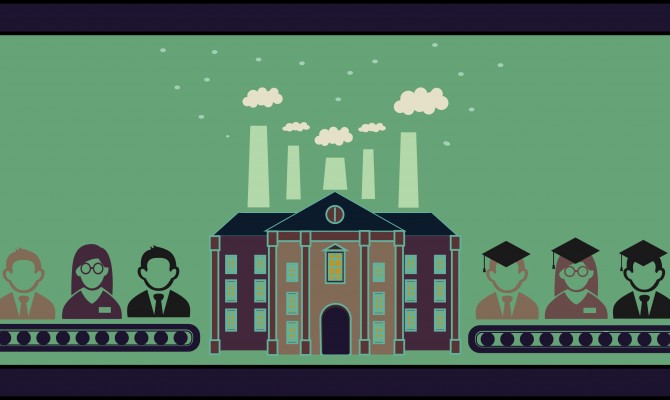I have removed the ability to make comments from a few posts as a result of a recent spam attack on this site. Apologies for this need for expedient action.
Category Archives: Uncategorised
Score Draw
Firstly, congratulations to France for winning the World Cup 2018. In our parochial, patriotic fervour to heap praise upon England’s young team, British commentators seem to have overlooked the fact that France’s footballers were even younger.
Congratulations too to Croatia for being runners-up: a great achievement for a country of only four and a half million people.
And congratulations to Gareth Southgate and the England squad for making it through to the final four. I must admit to getting rather swept up in all the World Cup excitement.
Sport and Politics
It’s been a very long time since the old adage “Don’t mix sport and politics” was discredited. Sport and politics are inextricably linked, to misquote Carl von Clausewitz. Particularly when it comes to FIFA, organisers of the football World Cup, throw in a shedload of corruption and backhanders and you can begin to understand their decision to award the World Cup to Russia and, above all, to Qatar in 2022. Putin and his mates come out of this with nearly all commentators singing the praises of the Russians for a well-organised set of games.
Briefly, the British (or at least the English) forgot that we had torn ourselves apart over leaving the EU and got behind our team. Let’s hope the French can do the same and disavow the fact that Marine Le Pen made it through to the last two in the Presidential Election.
Fantasies
Straddling the world of football and politics, look at these three heads of state:
The two on the left, Emmanuel Macron and Kolinda Grabar-Kitarovic, were democratically elected; the one on the right was foisted on us 66 years ago: we had no say in the matter. The pro-Leave fantasists speak of “global Britain”, open to trade with the world. Which of the above three would you want to be the public face of your country? For my money, certainly not the one on the right wearing a stupid blue hat. Little Betty has her standard bored face – she’s got the Trumps either side of her in this cropped picture – but she could be anywhere.
I think it’s needlessly cruel to drag a 92 year-old woman out from one of her cosy palaces to meet a thug and his moll, and the whole monarchy idea is positively feudal. But Trump got his tea and his photo-op.
Pomp and Principled
Trump got his pomp too. May’s government, whilst failing to actually govern the country, found time to lay it on thick, and at vast expense.

Trump was whisked in his own little bubble of self-delusion: Blenheim, Sandhurst, Windsor and Chequers.
And, at Chequers, Trump got his hands on Theresa May again, just to show who’s boss.
The Daily Mail did its hate-filled best to spin the story:

In the real world, 250,000 in London alone, plus other centres turned out to make it clear Trump wasn’t welcome here. The Twittersphere was awash with comments from people about the Mail’s pathetic “rent-a-leftie” barb. Most were bemused or wondering, ironically, when Corbyn was going to send them their payment for turning up to protest. We’ve got another four months before hater-in-chief Dacre finally retires. Fuck off now, I say.
The protesters obviously occupy the moral high ground here. But, in the longer term, Trump, in his bubble, will still have his photo-ops to show. So probably a score draw in the end.
High and Dry
But there’s one picture from the football final which may come back to haunt Vladimir Putin: it’s this one:
Look at the body language here. Macron and Grabar-Kitarovic are standing in the pouring rain, getting wet and enjoying every moment. Hard man Putin has ensured he’s the only one under an umbrella: dry, if not exactly high: he’s quite short. In the long term, even hard men need friends, not just people who are nice to him out of fear. Right now, Putin has Trump as his only true friend. So, another score draw, at best.![]()
![]()
![]()
![]()
![]()
![]()
![]()
![]()
Barking
Our dog very rarely barks. So when he does, it comes as a bit of a shock. I found my wife in the garden this morning laughing at our barking dog. The reason that she was laughing was because he was barking at his own reflection in one of the house windows.
Barking. Own reflection. That reminds me of something.
Reflection
It reminds me of the current state of what laughably passes for our government. Theresa May’s indecision is like being in a hall of mirrors. She is torn in indecision between the sensible majority of her party and the barking mad: the Dunces as I have described them in an earlier blog. She takes more notice of the dunces and the barking DUP, who exemplify the worst of 17th century bigotry and hatred – not least over their attitudes to the rights of women. When it comes to representing public opinion in Northern Ireland, the DUP is certainly barking up the wrong tree.
Whichever way she turns, she sees just the Dunces, the DUP and Paul Dacre. What she will do after November when Geordie Greig takes over at the Daily Mail, we shall have to wait and see. Inside her hall of mirrors, she takes no notice of the 48% who, like me, voted Remain. Businesses, specifically the CBI, have reduced UK growth forecasts because of the uncertainty caused by the dithering and disagreements within the Cabinet. As Prime Minister, therefore, she pays no regard to the National Interest. That’s the behaviour of someone who is either scared or barking mad. Probably the former.
Up Shit Creek
May has wasted two whole years engaged in futile debates between the wings of her party. These arguments are usually between two options, both of which have already been rejected by the EU27. Every deadline has been missed. She has now announced that the government’s White Paper will be delayed until after the crucial European Council meeting on June 28-29. That’s barking.
So where does that leave the country? Up Barking Creek without a paddle.
We Say No
About four years ago, I was returning to the UK via Luton Airport. I was struck by the number of Home Office signs on the approach to the UK Border starting with he word “NO”. I was half expecting to see signs stating “No Blacks”, “No Irish”, “No Dogs”. By the time I got to passport control, I felt ashamed and emabarrassed to be British. But never mind, my passport was the same colour as everyone elses’ in the EU Passports line, so I could merge with the crowd.
My thoughts today with the Windrush generation, I remember also the insincere PA announcement you get when a train reaches its destination. “Thank you for travelling with X today”. For X, insert your own privately owned monopoly supplier of train services – as if you had a choice.
So for the Windrush folk, we get “Thank you for choosing the UK to spend your life, work hard, bring up children and pay your taxes. Want something? Pension? Cancer treatment? Now fuck off!”
Timeline
A brief history, for Daily Mail readers, who joined the fight today.
- Theresa May was Home Secretary at the time of my Luton Airport embarrassment, implementing a “hostile environment” for “illegal” immigrants. Schools, The NHS, employers, landlords and the rest were turned into Home Office police, to check the immigration status of all who dared use publicly funded services. Vans patrolled the streets of north London telling illegal immigrants to “Go Home”.
- The Guardian published stories about the plight of the Windrush generation on 01/12/2017, 21/02/2018, 22/02/2018, 10/03/2018 (the £54,000 cancer story), 22/03/2018 (May’s refusal to intervene in the cancer case), 12/04/2018, 13/04/2018 and 16/04/2018.
- 12/04/2018: Law Society says 50% of immigration cases are overturned on appeal to an independent panel. It says the system is “seriously flawed” and having a “devastating” effect on the families. Home Office said it was “meeting its targets” and some cases were “complex”. Both political decisions.
- Theresa May resisted calls from Caribbean leaders for a formal meeting with heads of the 12 countries at the Commonwealth Heads of Government Meeting until the early hours of 16/04/2018.
- 16/04/2018 07:16 Penny Mordaunt MP says “We need to do a better job”
- 16/04/2018 12:57 Caroline Noakes MP, Immigration Minister admits “some people were deported in error”
- 15:54 Amber Rudd MP, Home Secretary, the Mini-May, is sent to the Commons to apologise and denounce May’s policy. Rudd blames her officials for getting it wrong.
- At about the same time, May announces U-turn and will hold an “informal” meeting with the 12 Caribbean heads.
A special task force is set up to clear up the mess in two weeks. Oh yeah? So that’s all right then. Except it isn’t.
So how’s about a civil disobedience campaign where everyone who is forced by law to check immigration status just stops. As Chair of Governors of a school , I’d be happy to persuade my governors to do this – as long as a few others join in: like the Poll Tax in Scotland, the government can’t fine us all.
Sing Song
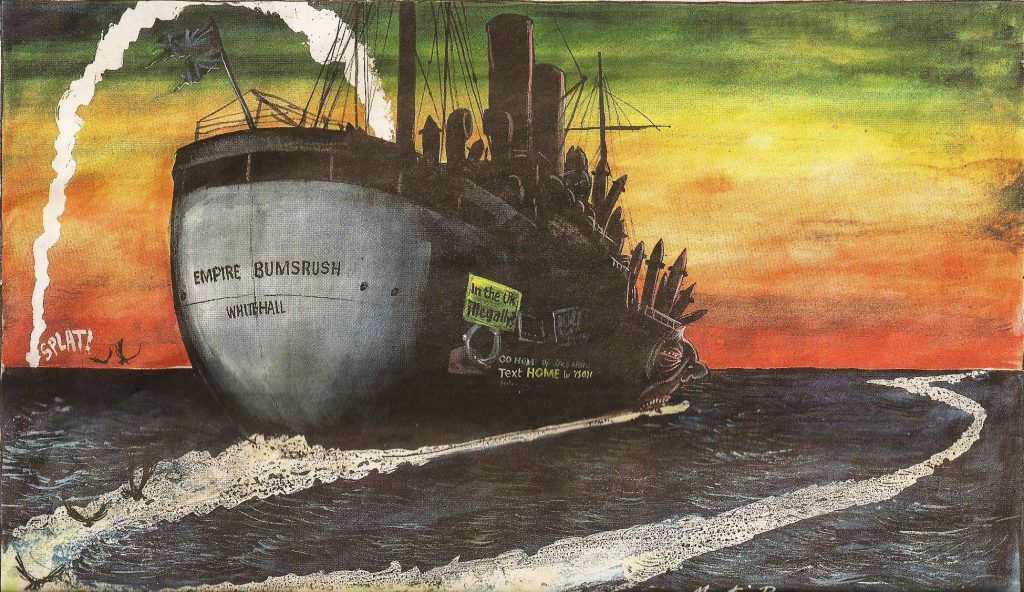
In the meantime, here are some new words to a well-known song. All together now:
Land of “Nope” and Tory, Mother of the Free
How shall we exploit thee, those not born of thee?
Wider still and wider, may thy checks be set
May, who made thee Nasty, make thee Nastier yet
May, who made thee Nasty, Make thee Nastier yet.
Missed Connection
About 15 years ago, a group of Head Teachers, together with the Chief Executive of our group and I, went on a fact-finding and exchange of ideas to a group of schools in Doncaster. We travelled by train and the consensus route involved a change at Derby. The outward journey passed off uneventfully and we completed our business. The first leg was by Virgin Cross Country and the second by whatever name the operator of the Midland Main Line had at the time: it’s changed hands so often I forget.
We had 12 minutes “transfer” time at Derby station and we knew it was a simple cross-platform transfer: about a 30-second walk. A succession of minor holdups meant it looked like we would arrive in Derby 12 minutes late. No one was particularly bothered, as we knew how easy a transfer it was.
We arrived at Derby only to see our train pull out of the platform. It was dusk and my most vivid visual image was of our train’s red tail lights disappearing into the distance. As the Chair of the group, I understood the need to act professionally and chose my words very carefully, so there would be no misunderstanding. I approached the young man who had obviously flagged off the train we wanted. I said “Will you please tell me who has the authority on this station to hold that connection?” His reply surprised me at the time: “Nobody”, he said. There was no point in extending the conversation, so we all went into a huddle and waited for the next London-bound train.
Here’s a picture of a train like the one we missed. (This picture was taken at St Pancras in 2005). I tried to get the right livery – for rail buffs. They, and anyone who’s actually travelled by train more than 20 years ago will note that the rolling stock still betrays its BR origins. They’d only painted the loco. And to anyone north of a line from the Trent to the Mersey, you’d be bloody lucky to find any train that isn’t old hand-me-down BR stock covered in several layers of different coloured paint – unless you’re lucky enough to hop on a passing train on the way to or from London. Northern Powerhouse? Don’t make me laugh.
A Trip to Brussels
At about the same time, I went to visit an old university friend who was now working there. He joined British Rail a few years after graduating. His dad was a railwayman: like the military, working “on the railways” seemed to be in the blood. We had a couple of bottles each of Belgian beer: I knew already how tasty it was, but I hadn’t observed just how strong (7% ABV)! We both got a bit pissed.
He told me, when the railways were privatised, he was moved over to Railtrack – of which more below. As, by then, he was a fairly senior BR manager, he was put in charge of a project. This was to design a system of incentives to deal with what happens when trains are delayed that would fit with the new, fragmented structure. Its basic design was this:
- A train is late.
- Someone must be to blame.
- Find out who: this pitched Railtrack against Operating Companies, Operating Company against Operating Company.
- Settle any disputes: this was bound to take up a lot of time and resource.
- Debit the faulty party and credit the other party.
At the end of the month, add up all the debits and credits for each company (they’re all profit-maximising private companies, so there are bound to be more disputes at this stage. Settle the accounts (details unknown).
My immediate thought at the time was “gravy train for lawyers and accountants” (no pun intended – then!) but said no more.
The thought struck me in the last day or two: do you know what we have here? It’s an algorithm! Not of the lines of computer code sort, like Facebook and Amazon, but in the rules of the game. And the game, if you’re a profit-maximising entity, is to end the month in net credit. So you instruct your staff on how they must behave to maximise your company’s profits.
Compare this to a similar experience I recall from my student days. Birmingham to Oxford on a Sunday, change at Banbury. Owing to the dreaded “weekend engineering works (probably – I can’t remember) our arrival at Banbury was a few minutes late, after the scheduled departure time of the connecting service. Some relatively junior member of the station staff would have said something like “hurry along” and we all scuttled across the platform. The result? Everyone on both trains was a couple of minutes late – no big deal.
Who Benefits?
Well, the lawyers, accountants and shareholders, obviously.
So who else? The staff? Compare or man in Banbury with the one in Derby – yes, they were both men. The Derby man looked younger than my memory tells me about his Banbury counterpart. But, there again, police officers all look about 12 now, so maybe it’s just me. Think about it. The guy in Banbury was probably proud of working “on the railways”, just like my friend and his dad. His day would have been boosted, just a tiny bit, because he had used his common sense and held the connection so that everyone got to their destinations on time – or near enough. The important point is that he had the authority to do so. Nobody gave it much thought, it might not even have been written down in some rulebook, but everybody knew that’s how British Rail worked.
Now think of the young man at Derby: he probably felt slightly embarrassed about the answer he had to give me. The key point is that he had been disempowered and deskilled. He was reduced to being just a pawn in someone else’s game. A unit of labour. Wave the flag. Follow the rules. Which of these would have the higher self-esteem after years of doing each of the two jobs? It’s not hard to draw the obvious conclusion.
So, anybody else? Not the Passengers, obviously: half the people (or at least those So let’s add paint suppliers to the list of beneficiaries.
I already know that 80% of us support Labour’s policy to renationalise the railways. And that’s mainly beacuse (a) they’re very expensive, with walk-up fares and deason tickets costin up to 3 times those in other parts of Europe. And they need about 3 times as much public money to prop up unprofitable bits and pay for major capital projects.
A Word About Words
I absolutely, unequivocally refuse to use the “C” word when describing rail passengers. Customers buy baked beans: it’s a transaction. Rail travel is a whole different experience. Just ask Michael Portillo or his millions of regular viewers – that probably includes you! The people who travel by train are Passengers. Capital P. Using the C word reduces rail travel to a commodity. That’s another part of the problem.
Railtrack
So, finally, as promised, let’s turn to Railtrack: the company that liked to kill its users. I’ll explain.
Formed in 1994 to take over the infrastructure assets of British Rail, it was floated on the Stock Exchange 2 years later, a few people in the know mainly city types and rich friends of Government, made a killing with the shares. This always happens with privatisations and represents a one-off transfer of wealth to a privileged few (let’s call them the elite shareholders). Public and freight users of the railways began to express gave concerns about Railtrack’s safety and improvement record. The regulator, John Swift, appointed earlier by the Tories, continued to treat them with a soft touch.
Following a Labour election victory and the Southall crash (1997, 6 dead), John Prescott (in his role as transport secretary) took a much tougher line and appointed a much tougher regulator, Tom Winsor. The crashes kept coming: Ladbroke Grove (1999, 31 dead), Hatfield (2000, 4 dead) and Potters Bar (2002, 7 dead) As well as the 50 dead, a total of at least 769 people were injured.
So what had been happening inside the company? The clue is in the expertise built up by the staff over the years: remember the pride and father and son working on the railways examples above? Let’s face it, much of BR’s expertise never got written down. Experienced staff tended also to be more expensive. Finding themselves in an alien profit-maximising environment, I guess some just left. But Railtrack had 3 choices: (a) wait until the individual retires at normal age; (b) offer early retirement / “voluntary” redundancy; (c) offload to subcontractor. Given the cultural liking for sub-contracting to cut costs and save money, each subcontractor had the same 3 choices, including offloading to their sub-subcontractors. The important point to note is that expertise was either lost altogether or fragmented over a myriad of subcontractors and nobody knew where the “experts”, or certainly Railtrack didn’t, in any systematic way – always useful in times of emergency, e. g. just after a big crash.
In other words, Great Britain, pioneer of rail travel in the 1820s, had wantonly lost the ability to run a safe and reliable railway service!
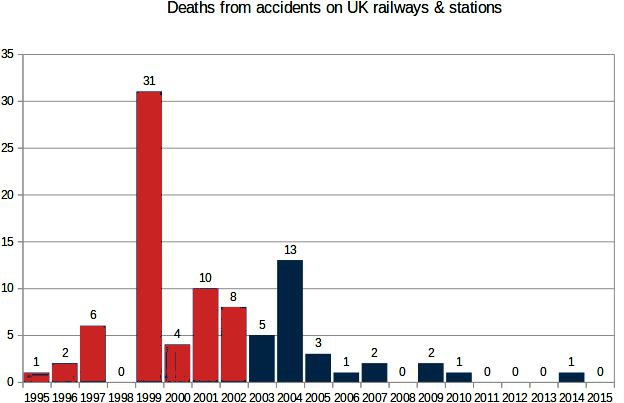
Data for this graphic and the numbers quoted come from this Wikipedia page: the Railtrack years are easy to spot, even without my colouring! Most of the narrative is adapted from here.
Railtrack panicked after Hatfield; the susbsequent repairs across the network cost £580m. I can do no better than quote Wikipedia verbatim here: “Because most of the engineering skill of British Rail had been sold off into the maintenance and renewal companies, Railtrack had no idea how many Hatfields were waiting to happen, nor did they have any way of assessing the consequence of the speed restrictions they were ordering – restrictions that brought the railway network to all but a standstill”. Yes – I was one of millions caught up in that time, a journey to London on a “fast” train, normally taking 40 minutes, took 2 hours 15 minutes: I found it excruciating: every time we got anywhere near a point of danger (typically, literally, points!), the train slowed to 20mph before speeding up to the next one. I cannot imagine what it was like for commuters at that time.
Public revulsion and a share price hit did it for Railtrack (the repair costs and a massive overrun on the WCML modernisation were the main causes of “exceptional” losses.
Shareholders’ Reaeguard Action
The Government decided to renationalise Railtrack and form Network Rail. There was one last sting in the tail, the elite shareholders staged a revolt and staged a very effective and time consuming legal fight to hang on their ill-gotten gains – or to have their cake and eat it, as we say today. This consumed an awful lot of Ministerial and civil service time and energy which could have been concentrated on setting up a safe and reliable railway in public hands. So there are people out who see their own selfish financial interests rather than people’s i.e. rail Passengers’ lives. So I dedicate this blog post not to tem, but to the 42 “hypothetical” people who, statistically speaking, died during Railtrack’s dismal 8 year stint at running the railway. [Calculation: Railtrack deaths 62 over 8 years (average 7.75), Network Rail 28 over 11 years (average 2.5); excess (7.75-2.5)*8 =42.]
And , above all I dedicate this to the memory of the 50 real dead, their friends, relatives and loved ones, who lost their lives at Southall, Ladbroke Grove, Hatfield and Potters Bar.
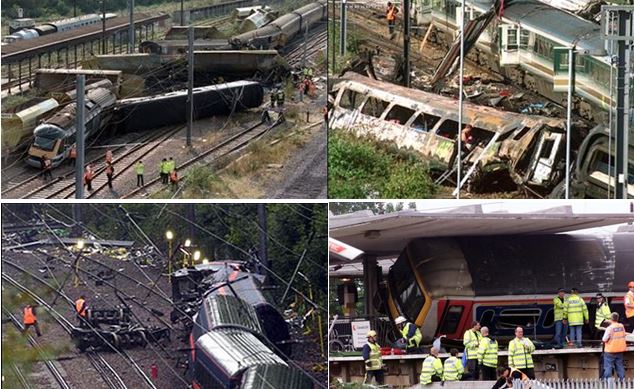
In Memoriam: Lest We Forget
Otherwise Engaged
I apologise to my regular followers (both of them!!) for the lack of blog posts in the past few weeks.
Part of the reason is the fact that I was in hospital for 19 days, starting on Christmas Day. I’ve had a lot of time to think about any number of things. Also, a lot has happened in the news in the past few weeks.
So, pardon me if I say I don’t really know where to start!
The Marketization of Thought
Sometimes nowadays it seems that reality has been replaced by a dark, dystopian satire. The old phrase “you couldn’t make it up!” would apply so often that we don’t give it another thought.
“Don’t Care” Rooms
The news that prompted my musings was that of an Essex hospital that was giving serious consideration to going into partnership with a company called CareRooms. In an apparently innovative way to reduce the problem of “bed-blocking” patients ready for discharge, but needing ongoing care and support, would move to spare rooms in private homes. The company would provide a form of brokering service, matching room providers to patients. Prospective hosts were said to be able to earn “up to £1000” a month.
Initial reaction from some quarters was positive. Some even suggested this would be a means for some hosts on benefits to avoid the “bedroom tax”. Income for householders, earlier release from hospital for patients, reduced benefits bill: what’s not to like? Everyone’s a winner, are they not? Y-e-e-s, well, hang on a minute…
Before the NHS was set up in 1948, the misery and suffering by poor people because of a lack of affordable healthcare was a national – and international – scandal. They would avoid or delay seeking medical care because of the costs. Decisions such as “shall I call the doctor or feed the kids?” were commonplace. Or “pay the rent”, “light a fire”, “replace my worn-out shoes” and many, many more. The NHS was set up so that “never again” would people face these agonising choices. It was, and remains, a testament to the compassionate side of our human nature.
For the reasons just stated, it would have been literally unthinkable to suggest such a get-rich-quick scheme. For householders to provide care, and for the intermediary company to profit from, a service which should available, as of right, to all, defies the very founding principles of the NHS.
It’s wrong for several other reasons, too. Firstly, it’s just a way to try to get around the chronic underfunding of the NHS. For too long, we’ve tried to get our healthcare on the cheap. Secondly, it tries to solve the wrong problem. True, shortage of beds is one of the consequences of the underfunding, as one of the graphs from the last link shows. But the bigger problem is the shortage of properly trained community care staff to care for those discharged from hospital safely and appropriately. The people concerned are disproportionately vulnerable and elderly. How many of us would want an elderly relative – or ourselves – looked after by a well-meaning amateur who may have been attracted to the scheme by the money to be made?
The hospital quickly dropped the idea once it got publicity and a hostile reaction. But the fact that it was considered is an example of what I call the “marketization of thought”.
Our Factory Universities
Another example of how market thinking has spilled over into other human activities is how we discuss policy about universities. In my student days, it was natural to think of education, per se, as a “good thing”. More (good quality) education was even better and as many of us as possible should enjoy as much of it as possible. It wasn’t just the opportunity to learn things, of course. It was also very much about the process of learning: the new skills developed: to challenge and be challenged, to refine an idea reflectively or collectively, to create new ways of seeing things. We took for granted that all this experience would lead naturally to a better society: better informed, more highly skilled people making better decisions. Reason, rational debate and mutual respect were all part of this essentially Enlightened idea.
Depressingly, universities seem to be treated more and more as factories: factories which are there to enhance the lifetime earning powers of its products: the students. Certainly the whole debate about student loans is conducted in these terms. Individuals benefit, of course – the material self-interest mantra at the heart of Free Market Fundamentalism – and it is also sold as benefiting “UK plc”, whatever the hell that is. Oh yes, it’s the reduction of all our plans, our hopes, dreams, loves and fears, smiles and tears to the sum total of all the transactions in the land.
The “Customer Service” Nightmare Experience
Marketization of thought affects the way we, as consumers, interact with those from who we buy goods and services. Customer service has become increasingly impersonal. Consumers are encouraged more and more to use online services, requiring no real-time human interaction. For a large range of goods and services, this works pretty well for purchases, and when coupled with delivery to your door, is often far more convenient than a visit to the shops.
The old ways weren’t perfect. I remember, as a child, being dragged from shop to shop by my mum on a seemingly endless round of activity, but often not much seemed to get bought. My memory is of wasted hours in and out of the cold and coming home empty-handed. But every one of those would-be purchases would involve a face-to-face conversation, in naturalistic language, where preferences and nuances of taste could be mediated. There was a bit of polite social chit-chat, too – usually about the weather.
The range and quality of goods on offer has improved beyond my wildest childhood imaginings. Product innovation is an area where markets do serve us well. But, even here, some new product or service probably sits on the shoulders of an innovative breakthrough enabled, and publicly funded by those universities of which I spoke earlier.
But woe betides you when things go wrong. In 21st century Britain, so-called “customer service” too often takes the form of a Kafkaesque nightmare. Firstly, the company website: before you can begin to find how you can get help, you wade through a sea of “FAQs”, arranged in some arbitrary, illogical order, none of which seem to address quite your problem. Next, the “Contact us” page, often presented with just the wrong set of questions to “steer” you to the right department. These pages often have helpful message boxes to fill in, which sends an email to some unknown destination deep in the bowels of the organisation – but you don’t know where because there’s no fucking email address to be seen! And the number of times I’ve searched a website in vain for a contact phone number for myself or on behalf of clients, in my role as an adviser: yes, Virgin Media, that does include you!
Don’t Call Me
Which brings us to that most vexed of subjects: the call centre. The consumer organisation Which? once reported that waiting times on customer service phone numbers are, on average, seven times longer than those for sales departments. No, it wasn’t you’re imagination. And I cannot begin to count the hours I’ve spent listening to the Four Seasons on DWP and other government department call centre lines. If Vivaldi were still alive, his royalties would easily make him the richest man on the planet! Once you’ve navigated the “Press 1 for…, press 2 for…” hurdles, listened patiently to music on hold, you eventually reach an operative reading from a script who doesn’t have the authority to solve your problem. They promise to get “someone” to ring you back, but…
I had an early inkling of this “painting by numbers” approach to customer service when on a family holiday in the USA about 30 years ago. With youngish children, we typically ate at “family” restaurants. I quickly spotted the routine: a young waitress – it was invariably a “she” – would mechanically go through lists of choices: fruit juices, how you like your eggs (I once said “fried” on my first visit to the States years earlier – and was given a look as if I were a complete idiot). The most bewildering list was for salad dressings: I remember “French”, which was nothing like anything I’d seen in France, and some brightly-coloured goo called “Thousand Island”. Where on earth were these thousand islands where they ate this gunk? Bored with listening to the same lists endlessly repeated day after day, I tried to take the initiative by pre-empting my choices. Big mistake! I soon learnt that, whenever I did this, my waitress got confused and I got the wrong order. I soon learnt to wait to be processed through the system.
It wasn’t the waitresses’ fault – or the call centre operators’ fault, or any of the other bored employees you actually spoke to. After all, they’d been given just enough training and authority to guide customers through a standardised corporate process, but not enough to interact as one human being with another. Clever people in corporate HQs would streamline everything for maximum efficiency – and profit. Pity the poor customer who doesn’t like being processed like an item on a production line.
And so it has become more generally in the world of “customer service”. All this only becomes possible when decision-making is centralised and customers are treated as economic units to be exploited, rather than living, breathing humans.
Interlude: A German Joke
Time to lighten the mood. This story dates from the late 1970s, long before the wonders of computer-aided design had enabled the sophisticated customization and flexibility of modern production process. It’s a joke told to me by the German delegate at an international conference I attended. He was anxious to prove that his compatriots do have a sense of humour. You’ll see the relevance – it goes like this:
Word had spread the length and breadth of Germany of an exciting new invention: The Wonderful, Amazing, Universal Shaving Machine. Its inventor was the blacksmith in a small, hilltop village in Bavaria – let’s call it Rasiersdorf for now – who had shown no particular skills before, apart from being a steady and reliable blacksmith. A coachload of interested tourists went to track down the inventor and his amazing machine. The blacksmith was a shy, self-deprecating man who led his group of visitors into his workshop.
“My Wonderful, Amazing, Universal Shaving Machine will give the perfect shave to any man in the village!” The tourists looked doubtful, so the blacksmith said: “Bring me any man in the village old enough to grow a beard!” The guide went and returned with the village butcher. He sat in the blacksmith’s chair and was tied in with a leather strap. The Wonderful, Amazing, Universal Shaving Machine was lifted up by the blacksmith and tied to the butcher’s head. Various leather straps were adjusted and then the machine was switched on.
Cogs of all sizes began to turn and whir and, sure enough, two minutes later, the butcher stood up, showing off his perfectly-executed shave. “That’s truly amazing!” the visitors cried. “Especially so”, said one, “considering all the different sizes and shapes of men’s heads and jawbones!”. “Ah, yes”, said the blacksmith, “But that was before the invention of the Wonderful, Amazing, Universal Shaving Machine!”.

The next time you’re waiting for a call centre to answer, you’re on to your third tune of music on hold, the seventh time you’ve been told by a recording that “your business is important to us” and they’re “experiencing unexpectedly high call volumes”, just think on my little tale. It might just help you to retain a little vestige of the will to live.
Market Overreach
I’ve written before about the problems that arise when markets overreach themselves into areas where they don’t belong, most notably in Cat and Mouse. Obvious areas are privatised water, the utilities and railways. Plus, of course, the NHS. The energy regulator, Ofgem, proved once again yesterday that it doesn’t understand the stupidity of what it is trying to regulate. It says that the “big six” oligopolistic companies made a healthy profit margin of 4.5% by overcharging those customers who had not switched suppliers. The gap between the lowest and highest tariffs has widened. If all customers, and not just those switching, were on the best tariffs, the companies would have made a 6% loss instead.
Ofgem refers to non-switchers as “less-engaged consumers”. “Engaged”? ENGAGED?? Pardon me: I like to get engaged in a good discussion at a meeting or a pub. I got engaged to each of my wives (serially!) before we got married. I also enjoy being engaged in the plot and characters of a well-crafted film, novel or TV series. People get engaged in sport, hobbies and pastimes they enjoy. But engaged in shopping around for where to buy the stuff that makes my light come on when I press the switch? Come off it! I can think of at least 8 billion other things I’d rather be engaged in! Electricity, water and public transport are all basic essentials to modern life. I just expect them to be there and work, at a fair price. At the end of a rail journey, I don’t want to be told “Thank you for choosing to travel today by X”. (Fill in your own privatised, monopoly rail company at the X.) As if I had a choice! Nationalise the lot and sack the regulators, and let us get on with our lives in peace!
In their very different ways, the examples I’ve given above reflect the overreach of markets into every corner of our lives. Worse too, it’s infecting the language we use and the way we describe activities that have (or should have) nothing to do with markets. As Nobel Prize-winning economist Joseph Stiglitz has said: markets, like toilets, both man-made inventions, are very useful in the right context. But no-one tries to run the whole of society on the basis of toilets. The same must be true for markets.![]()
![]()
![]()
![]()
![]()
![]()
![]()
![]()







